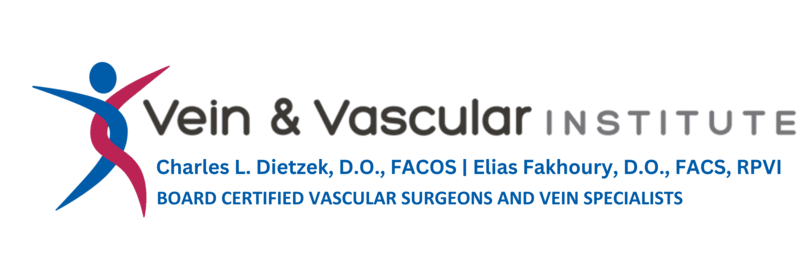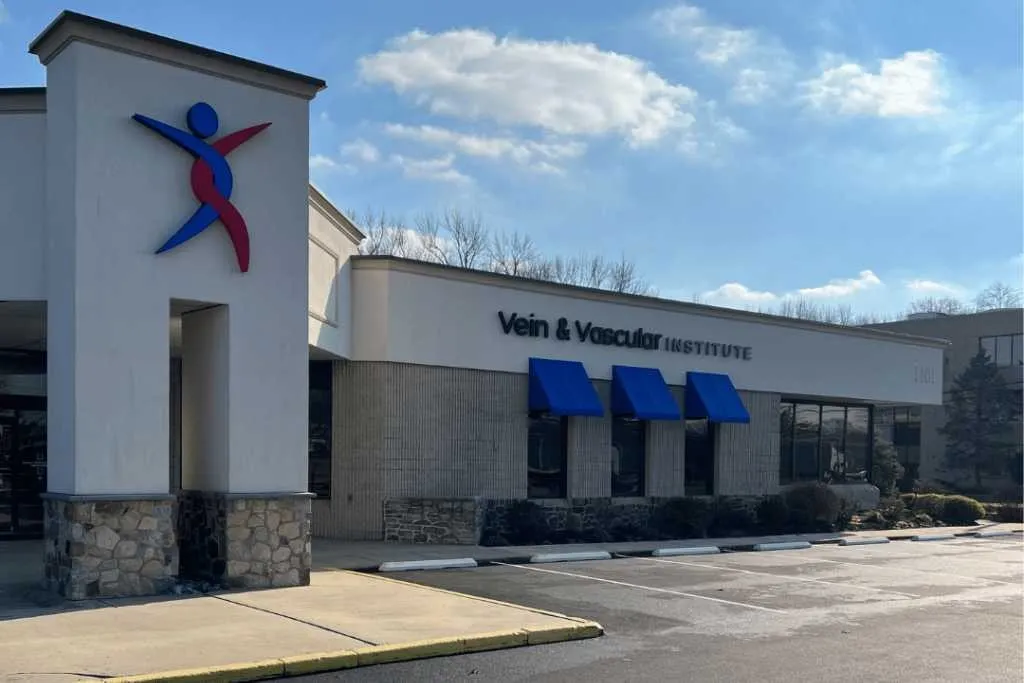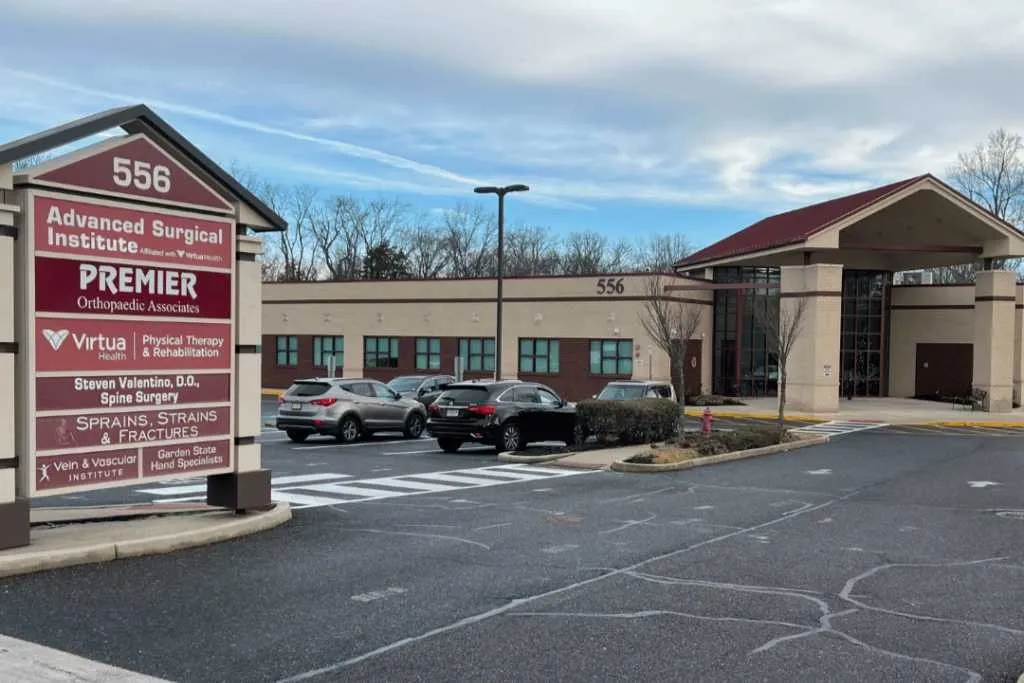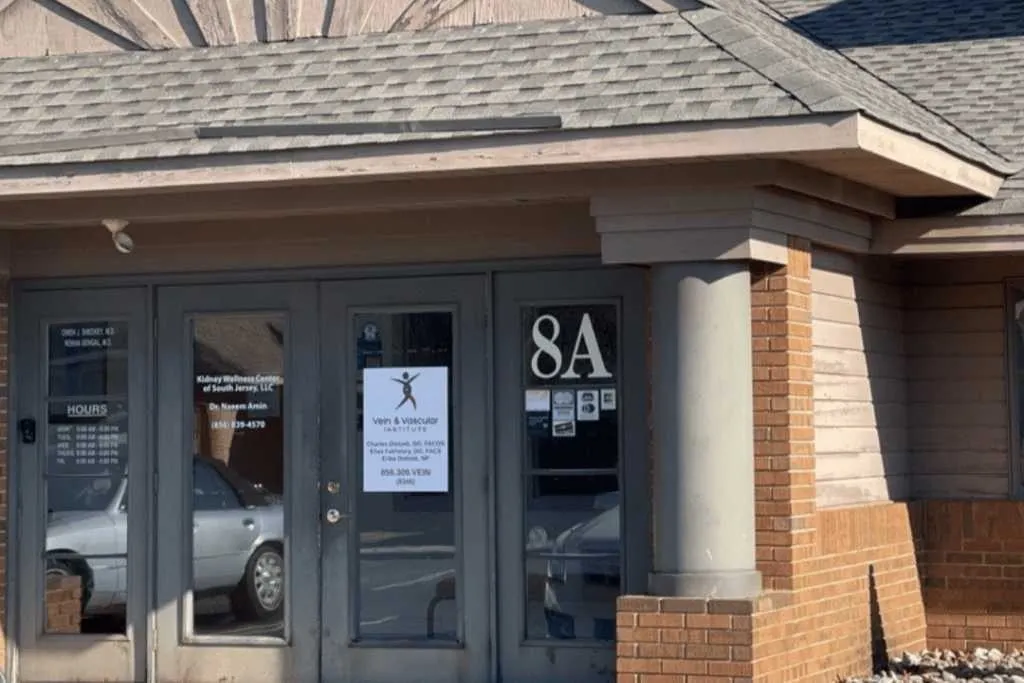Overcome Pain & Embarrassment with Your Legs Today!
Fill out the form to get direct access to our new patient appointment calendar or alternatively receive a call from a health advisor.
Here we will better understand your needs, explain our process, and determine your eligibility.
Alternatively, you can call us at (856) 309-9777.
Book a Consultation!
Find a vein clinic near you
Three Vein Centers in New Jersey
Highly trained vein specialists
Best Vein Specialists in New Jersey
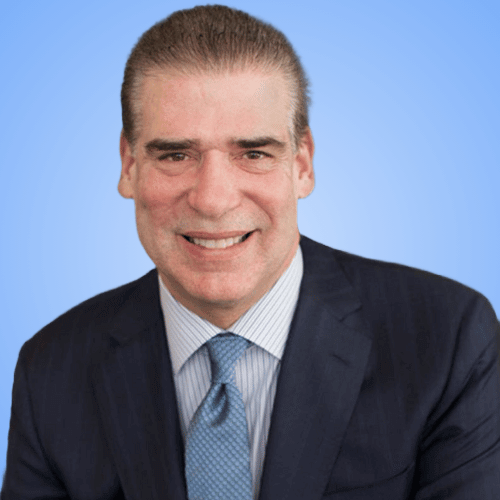
Dr. Charles L. Dietzek
D.O., FACOS
View Bio
Dr. Charles L. Dietzek is a Board Certified General and Vascular Surgeon practicing since 1989. He was a faculty member and the Chief of Vascular Surgery at Rowan School of Osteopathic Medicine for fifteen years. In August 2005, he founded the Vein & Vascular Institute where he remains as the Medical Director. Dr. Dietzek has been named numerous times a “Top Doc” in both South Jersey Magazine and SJ Magazine. He has also been a “Top physician for Women” repeatedly. He has been featured on health segments on CBS3, ABC6, NBC10, and other local and national news programs.
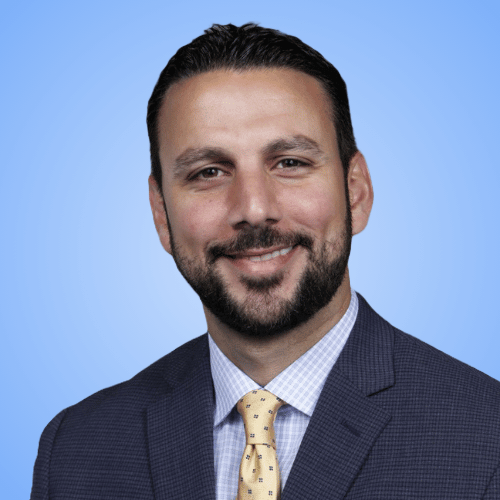
Dr. Elias Fakhoury
D.O., FACS, RPVI
View Bio
Dr. Elias Fakhoury is a New Jersey native, who has dedicated his extensive training and early career to the treatment of patients with both arterial and venous disease. He is Board Certified in both General and Vascular Surgery. Dr. Fakhoury is well published and has had his clinical research presented at regional and national vascular conferences across the country. His research has been published in multiple peer-reviewed journals, including the Journal for Vascular Surgery and Phlebology. He has been named “Top Physician” in South Jersey Magazine and currently serves as Director of VVI’s IAC Accredited Vascular Lab and the nation’s first and region’s only outpatient DVT Rapid Response Program.
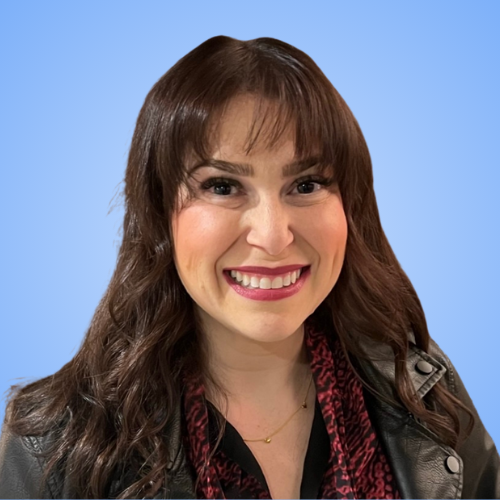
Erika Dietzek
MSN, APN, AGPCNP-BC
View Bio
Erika Dietzek is a nurse practitioner specializing in the management and treatment of venous disease. She completed her Bachelor of Science degree in Nutrition from Pennsylvania State University in State College, Pennsylvania and then went on to complete a second Bachelor of Science degree in Nursing from Thomas Jefferson University in Philadelphia, Pennsylvania. She earned her Master of Science degree in Nursing at Thomas Jefferson University in Philadelphia, Pennsylvania in adult-gerontology primary care.
Answers for common vein questions
Frequently Asked Questions
In your leg, you have two sets of veins. They are called deep veins and superficial veins.
Deep veins are in the deeper part of the leg where the muscles are, and superficial veins are right under the skin.
In a normal person, the blood would circulate from the feet towards the heart in both sets of veins.
When someone has a venous insufficiency the blood will actually go up the deep veins and then go backwards into the superficial vein.
The blood will start pooling in the superficial veins.
Since the superficial veins are closest to the skin, they will start to bulge and create varicose veins. They are often bluish or purple in color.
Spider Veins are essentially a smaller version of varicose veins. They are red, purple, and blue vessels that are also twisted and turning. They are most often seen on the legs, chest, or face.
No. Varicose veins can occur deeper in the leg, where one can’t see them. Varicose veins are classified under the spectrum of venous insufficiency disease.
Venous insufficiency disease causes leg discomfort, swelling of the ankles and leg, itching, and weariness. Other signs and symptoms may be prickling, cramping, aching, and heaviness of the lower limbs after prolonged standing.
Keep an eye out for these symptoms besides simply visible veins.
Patients usually return to work and activities the very same day.
Very little downtime is needed for our treatments.
Progression of varicose veins can be dangerous as they may later become venous ulcerations. When left without treatment, complications may ensure including rashes, infections, bleeding, sores, and blood clots.
In rare cases, varicose veins can cause deep vein thrombosis (DVT) and pulmonary embolism which is life-threatening.
Most major insurance and many others… Please give us a call.
1) Consult – We first start you with a consultation where you will be listened to and encounter a friendly staff that will make sure you get the best care. That care will come from Dr. Charles L. Dietzek and his expertly trained team, and will include a provider and an ultrasonographer on the first visit.
2) Ultrasound – After the consult, we move on to the assessment where we provide you an accurate diagnosis. You will get the same day ultrasound and results on site while you see the provider. This will get you back to life as swiftly as possible.
3) Treatment Plan – After we conclude our assessment, we will provide you with a treatment plan.
There are many different options such as Endovenous Laser Therapy (EVLT), Sclerotherapy, ClosureFast, VenaSeal™, Clarivein®, Microphlebectomy and more. We will ensure you get the perfect customized treatment based on your needs and outcome goals.
It is normal to have some minor discomfort during the procedure. We will do everything that we can to make this as relaxing and comfortable of an experience as possible. If you’re feeling anxious about your upcoming vein treatment, Nitronox Plus® (Laughing Gas) can help take the worry out of the experience. Ask the staff for more information during your consultation.
After the procedure, patients may experience minor bruising or discomfort in the area of the treated vein, that normally resolves in 3-4 weeks.
Overall, patients report via minimal pain / discomfort and are able to go back to doing the things they love.
In short, no. Exercise and compression stockings may help reduce some of the symptoms of varicose veins, but usually only medical treatment can effectively get rid of a varicose vein.
